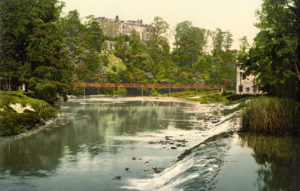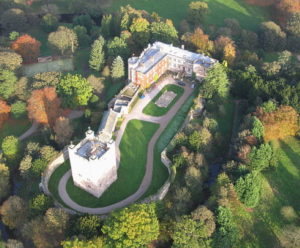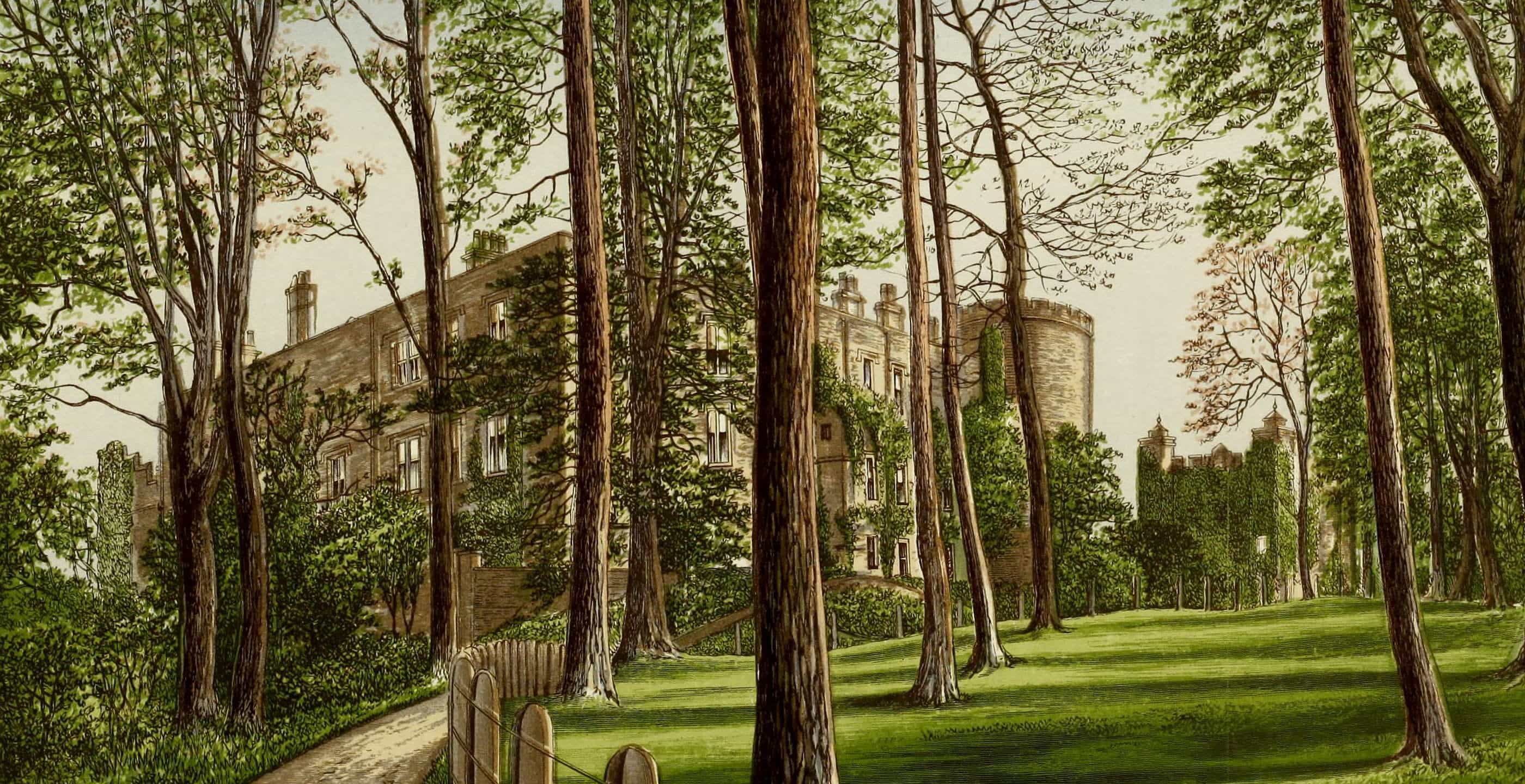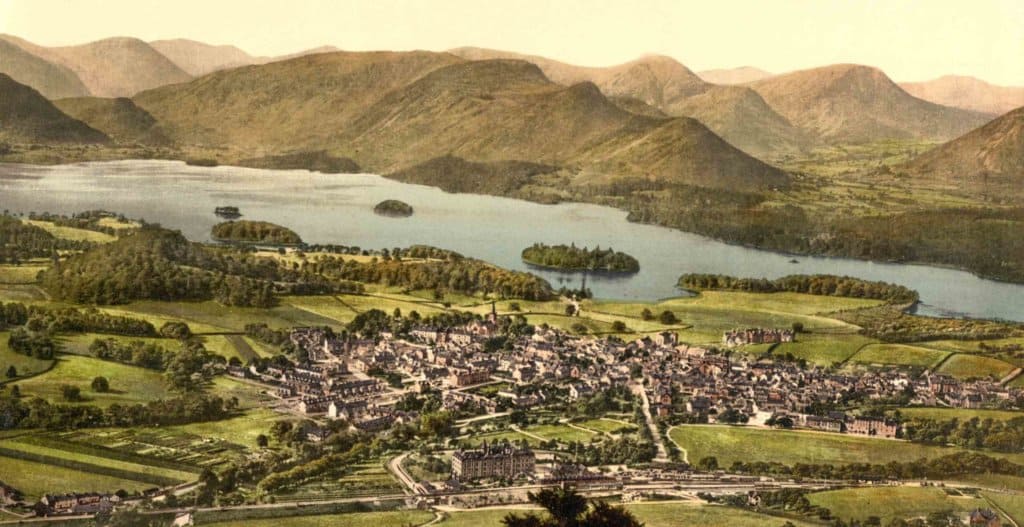Telephone: 017683 30318
Website: https://www.applebycastle.co.uk/AC/
Owned by: Mrs Sally Nightingale. Opening times: The grounds are closed throughout the winter months. However, afternoon tea is available between 1.30pm and 3.30pm on Friday, Saturday & Sunday during this time and fine dining on Friday and Saturday nights (bookings essential)
Public access: Tours must be booked in advance, with only 20 places per tour. Schools and coach companies should contact the castle to arrange larger group visits. The mansion house within the bailey is now a hotel with self-contained holiday cottages, and also hosts weddings and other events.
An intact Norman castle and mansion house. Standing guard over the Eden Valley since Norman times, Appleby Castle has always played a significant part in the history of the north. The earliest foundation at Appleby, that of Ranulph le Meschin, predates 1121, although the castle came under the control of the Crown when le Meschin became Earl of Chester. The castle was ceded to the Scots by King Stephen in 1136. When Henry II took back Cumberland and Westmorland in 1157, Appleby was granted to Hugh de Morville, who is credited with building Appleby’s magnificent keep. This construction, known as Caesar’s Tower, was built around 1170. The walls of this imposing three-storey keep are 1.8m thick.
Hugh de Morville didn’t benefit from his creation for long. It was quickly confiscated from him for supporting the king’s sons in their rebellion. After passing back and forth between several keepers and the Crown, Appleby Castle began its long association with the Clifford family in 1269 when it came into the ownership of Roger de Clifford, who is credited with the installation of the two defensive round towers in the protective wall at Appleby. The mansion house providing accommodation for keepers and their families was altered over the centuries to meet the needs of successive generations.

Above: Appleby Castle
The Cliffords were supporters of the House of Lancaster during the Wars of the Roses. Sir Thomas Clifford, the 3rd Lord, refashioned the hall and its surrounding buildings only to die at the Battle of Towton. The castle sustained damage during this protracted civil war, and by the 1500s its greatest claim to fame was as the county jail! It is even said that one of the Cliffords damaged the castle further during the 16th century Catholic rising of the northern lords, so that no one could make use of it. After further damage during the Civil War in the 16th century, Appleby became home to Lady Anne Clifford, Countess Dowager of Pembroke, Dorset and Montgomery who lived there from 1649 to 1676. It was her favourite home and she spent time refashioning it. Today, Appleby’s historic keep is one of the most important Norman monuments in the country, and the mansion house and grounds are home to a hotel and self-catering cottages.

Above: Appleby Castle from above. Copyright Simon Ledingham. Licensed under the Creative Commons Attribution-Share Alike 2.0 Generic license.



